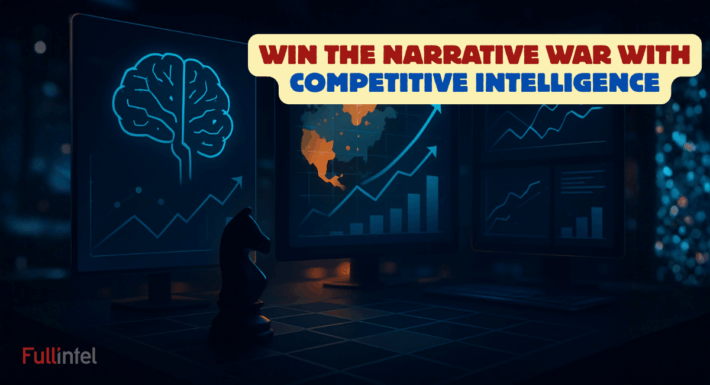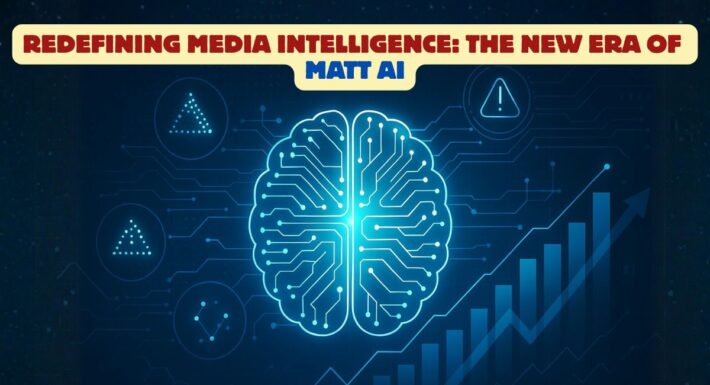K Pop Demon Hunters: Streaming’s Accidental Global Phenomenon

From a $20M deal to Netflix’s second most-watched original movie ever
When Sony quietly sold K Pop Demon Hunters to Netflix for a reported $20 million, it looked like just another content deal. What no one predicted was that it would ignite into a global cultural movement—amassing over 180 million views to become Netflix’s second most-watched original film of all time. Its soundtrack produced a viral hit, with “Golden” soaring to No. 1 on the Billboard Hot 100—a rare feat for a fictional K-pop group. And with Netflix already exploring sequels, live-action adaptations, and even stage versions, this is no longer just a one-off hit—it’s the foundation of a potential multi-property franchise.
This isn’t just a movie success story. It’s a case study in how entertainment, streaming, and fandom culture collide.
A Cultural Wave, Not Just a Movie
At its core, K Pop Demon Hunters didn’t just land in people’s queues—it landed in the middle of a cultural moment. K-pop already commands one of the most passionate global fandoms, and this film fused that with anime-inspired action, hyper-stylized visuals, and a soundtrack designed for global charts. The result: cross-generational, cross-border appeal.
- Gen Z & TikTok: Short-form edits and dance challenges drove virality.
- Millennials: Nostalgia for anime/K-pop’s early crossover era.
- Global audiences: Accessible subtitles/dubs and Netflix’s worldwide reach created instant ubiquity.
Would This Have Worked in Theatres?
Here’s the nuance: it may never have reached this level without Netflix. A traditional theatrical release would have required slower word-of-mouth, limited international rollouts, and upfront marketing budgets studios might not have risked.
On Netflix, the barrier to entry was zero: one click, instant hype. And when people asked “Have you seen this?” or “What’s that ‘Golden’ track I keep hearing?”, the answer was a quick stream away. The speed of discovery—fueled by social media—catapulted it to the kind of global saturation most studios dream about.
The Singalong Event Proves a Bigger Point
Now, with sold-out singalong screenings, we see the full circle moment: streaming lit the spark, but theatres provide the communal experience. People aren’t paying for the movie itself—they’re paying for the shared energy of belting out songs with strangers, creating a live fandom moment.
That’s the lesson: people still go to theatres, but they go for experiences.
Riding the Korean Wave 🌊
K Pop Demon Hunters didn’t rise in a vacuum — it’s the latest chapter in the broader Korean Wave (Hallyu) that has been reshaping global culture for years. What started with regional TV dramas in the early 2000s has grown into a powerhouse of music, fashion, beauty, and film that commands passionate audiences worldwide.
- Korean Skincare: Entire sub-industries have emerged around K-beauty, with global forums, YouTube channels, and TikTok creators dissecting routines and product launches. What was once niche is now mainstream, with brands like Laneige and Innisfree sitting on shelves beside legacy Western beauty giants.
- K-pop Music: BTS, BLACKPINK, NewJeans, and countless others have turned Korean pop into a global genre of its own. The fandom infrastructure — fan translations, streaming parties, voting collectives — is unlike anything seen in Western music marketing.
- Korean Shows & Movies: From Train to Busan to Parasite to Squid Game, Korean storytelling has proven it can dominate both box offices and streaming charts. Horror and thriller genres in particular have carved out a reputation for fresh perspectives and sharp social commentary.
The common thread? Community and conversation. Korean culture thrives online — fans don’t just consume, they participate, creating digital ecosystems where trends explode and spread across borders.
K Pop Demon Hunters rode this wave perfectly, blending familiar elements of K-pop culture with global streaming accessibility.
Why Trend Monitoring Matters for Brands
The rise of K Pop Demon Hunters is more than a film industry case study — it’s a reminder that cultural movements are increasingly born and amplified online. Social media isn’t just a networking platform anymore; it’s a real-time pulse check on what audiences crave.
Every viral TikTok edit, every trending hashtag, and every fan-made remix tells brands something valuable:
- What resonates emotionally. Audiences didn’t just watch this film — they remixed it, sang it, and shared it. That’s the blueprint for engagement.
- Where movements start. From K-pop fandoms to niche anime circles, subcultures spark conversations that spill over into mainstream markets.
- How fast narratives spread. Streaming may have enabled access, but it was social media chatter that accelerated the film from cult hit to cultural juggernaut.
For brands across industries, the lesson is clear: monitoring trends and online conversations isn’t optional. It’s how you catch the cultural wave before it crests — or risk missing it altogether.
What This Means for the Industry
- For streamers: Sometimes the hits you least expect become cultural cornerstones. Owning the distribution can turn niche concepts into juggernauts.
- For studios: Selling a property too early can mean missing out on billions in long-tail revenue and franchise potential.
- For everyone: The future isn’t box office vs streaming—it’s box office powered by streaming. A film can debut online, explode globally, then circle back to theatres as an event.
Final Thought
K Pop Demon Hunters shows us a new playbook: global reach via streaming + communal re-experiencing in theatres = cultural juggernaut.
The question isn’t whether the film would have been a box office success. The real question is: are studios and brands ready to adapt to this hybrid model, where audiences don’t just consume culture — they amplify it, remix it, and demand experiences that bring it to life?
And for films that debut on the silver screen first, the challenge becomes even sharper:
- How do they generate that same level of global accessibility and instant online conversation without the friction of ticket prices and staggered international releases?
- Can theatrical-first films build momentum fast enough in today’s attention economy, or will they always be playing catch-up to the viral amplification streaming platforms enable?
In other words: the box office isn’t dead, but the rules have changed. Movies can no longer rely solely on opening weekend numbers — they have to think about how to spark fandom, feed conversation, and design experiences that keep audiences engaged long after the credits roll.
Angus Nguyen
Angus Nguyen is the Director of Marketing at Fullintel and a proud member of the “I read the AI Overviews so you don’t have to” club. He spends his days obsessing over media measurement, digital trends, and why your best-performing PR story might be invisible to AI. With 7+ years of experience in brand strategy and media intelligence, Angus helps comms teams future-proof their visibility in an AI-first world. When he’s not decoding Google’s latest algorithm update, he’s probably hunting down the best bánh mì in Toronto—or creating viral content about it.
📌 Follow Angus for fresh takes on AI media monitoring, PR analytics, and the future of brand visibility.
- how K Pop Demon Hunters became a global hit
- K Pop Demon Hunters
- K Pop Demon Hunters Netflix
- K-pop global fandom
- Korean Wave streaming
- media intelligence
- media intelligence agency
- Media Monitoring
- Netflix $20M movie deal K-pop
- Netflix K-pop movie
- Netflix most watched movies
- Netflix original movies 2025
- TikTok K-pop challenges
Angus Nguyen, Director of Marketing at Fullintel, specializes in data-driven public relations and media monitoring. His experience analyzing media trends and their global impact provides insights into PR challenges in the automotive sector amid geopolitical developments. Angus excels at separating signal from noise, helping brands focus on actionable insights for stakeholder communication and crisis management.





